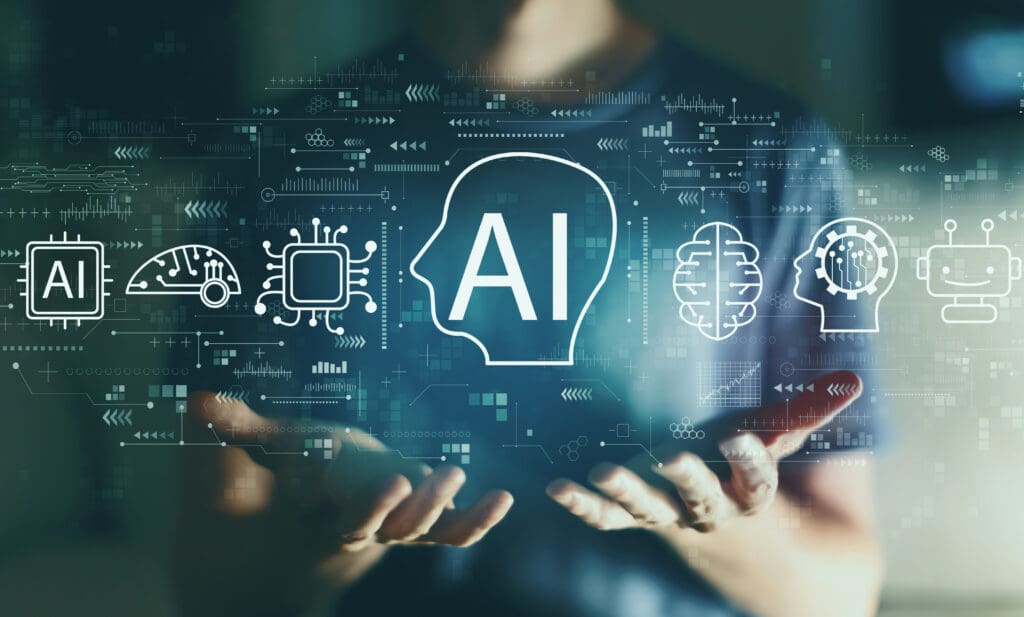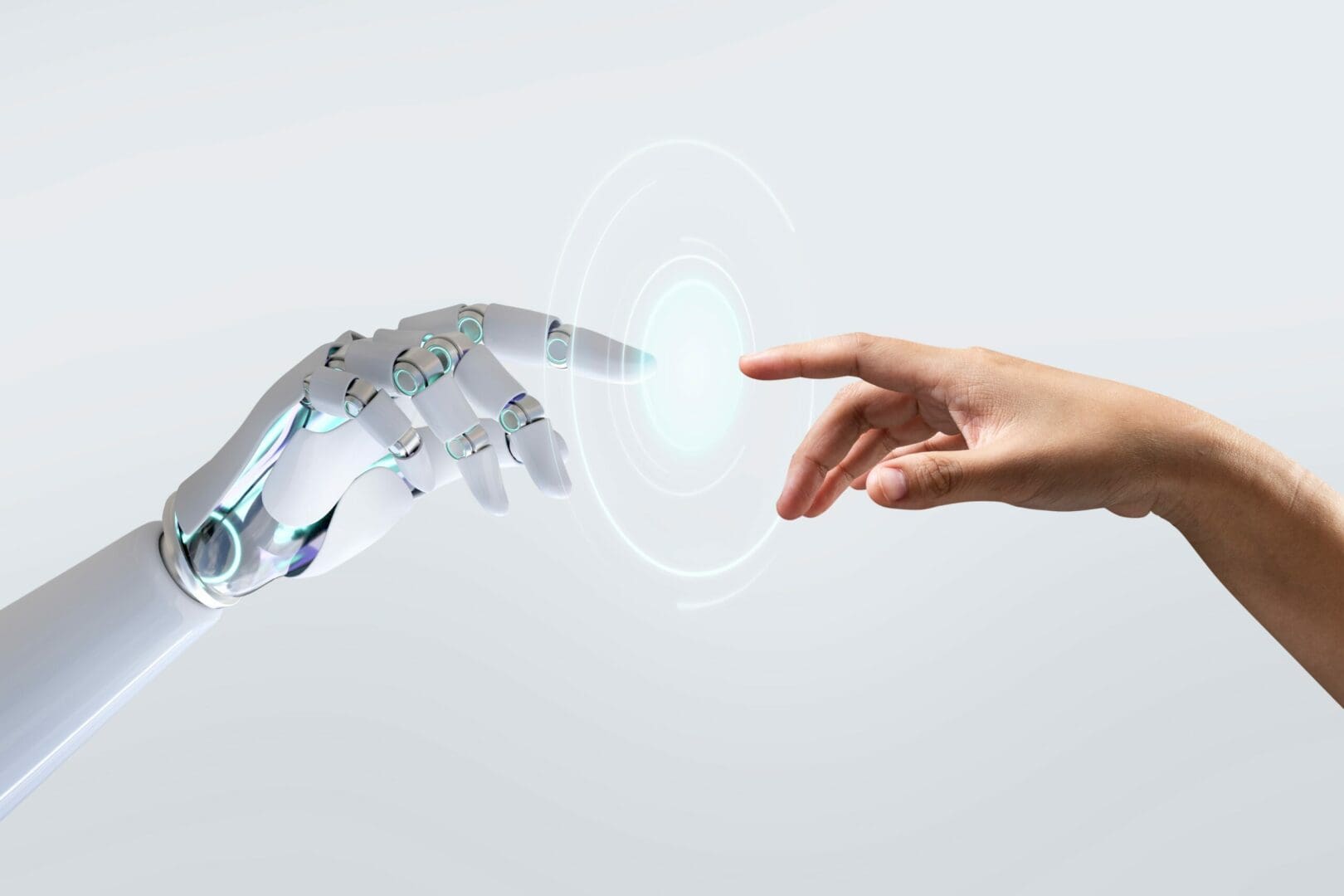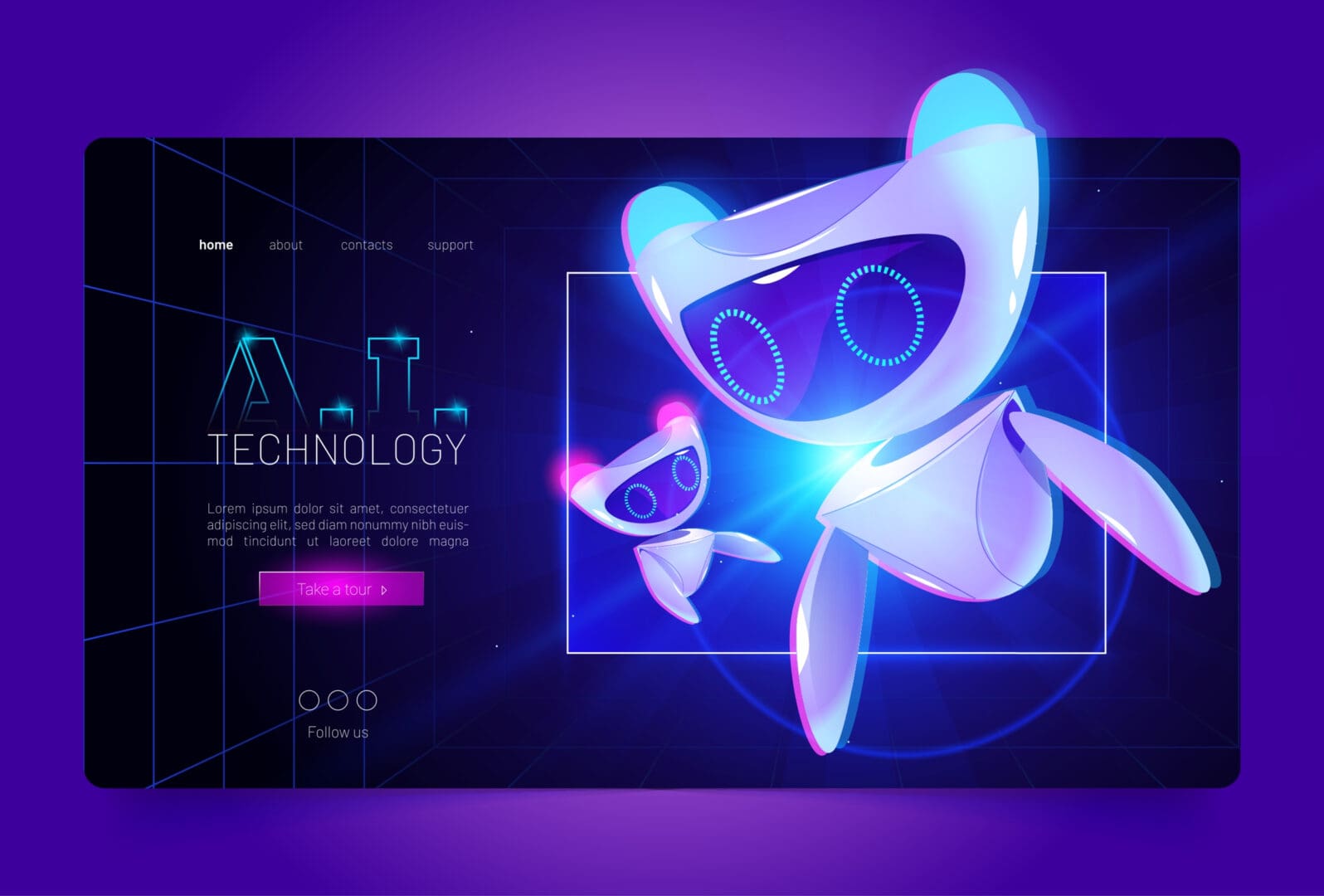In recent years, there have been significant breakthroughs in the field of Artificial Intelligence (AI). In the past, this technology was exclusive to large companies but now it is accessible to everyone. What are the advantages and disadvantages of using this technology? Discover the answers here.
Artificial Intelligence in a Nutshell
Artificial Intelligence (AI) is a computer science field that focuses on creating smart machines capable of performing tasks that require human intelligence. AI systems are designed to learn, analyze, and solve problems, often using algorithms and data. These systems can analyze vast amounts of data, identify patterns, and make predictions or decisions. AI technology can be found in various applications such as virtual assistants, autonomous vehicles, recommendation systems, medical diagnoses, etc. The goal of AI is to mimic human intelligence and enhance efficiency and productivity across different industries.
What are the advantages of using AI?
The use of automatic information allows us to benefit from a wide range of significant advantages.
Here are some of the advantages of using AI systems:
- Automation: AI systems can perform routine and complex tasks automatically, reducing user workload allowing us to focus on more important and creative tasks.
- 24/7 availability: AI systems can provide service anytime, anywhere, without interruption. We can receive quick responses to our queries or support whenever needed.
- Accuracy: Advanced AI systems can process and analyze vast amounts of data accurately and continuously. They can provide precise answers and offer personalized solutions to our needs.
- Continuous improvement: AI systems are based on machine learning techniques. They can improve and refine performance by acquiring and analyzing data, adapting the responses accordingly. They enhance their performances over time.
- Time and resource savings: Using AI systems can save us unnecessary time and resources. AI systems can perform specific tasks quickly and efficiently, enabling us to accomplish more in less time.
What are the disadvantages of using AI?
- Technological dependence: Can you imagine yourself coping without your mobile phone? Most of us are heavily reliant on our phones which seem to contain our entire lives. Now imagine the dependence that could develop on artificial intelligence applications. If machines and robots do everything for us, there’s a chance we could become lazy.
- Data security: AI systems can process personal and sensitive information, so caution is needed when using them. Concerns about privacy and data security can limit the use of AI in certain cases.
- Unemployment: The growth of AI could lead to job loss in specific fields where information and tasks can be computerized. This could create new challenges for workers who constantly need to prove they are still of relevance to their organizations.
It is important to note that proper integration of artificial intelligence technology in the job market is not necessarily a threat to human capital. On the contrary, it can assist workers in implementing more efficient business processes.

So, is it a threat or an opportunity?
As technology in the field of artificial intelligence continues to advance, concerns about its ethical implications increase. There is a critical ethical dilemma arising in the aspiration for balance between advancement and responsibility. On one hand, AI has the potential to significantly benefit society by improving healthcare services and optimizing transportation systems. On the other hand, there is great concern that AI could exacerbate existing inequalities or cause harm to vulnerable populations.
One of the primary ethical issues surrounding AI is the possibility of bias and discrimination. If AI algorithms are trained using biased data, they might perpetuate inequality and discrimination. For instance, facial recognition software has shown less accuracy in identifying people with darker skin tones, which could have significant implications for law enforcement and national security. To address this concern, it’s crucial to ensure that AI systems are developed and tested transparently and responsibly.
According to a study conducted by PwC in 2017, by 2030, artificial intelligence technology is expected to contribute a 14% increase in global GDP, a remarkable statistic by all accounts. The research indicates that the use of artificial intelligence will lead to a dramatic improvement in productivity in the job market. Therefore, if we know how to use artificial intelligence technology correctly, we can create new opportunities and significantly mitigate the threats it could pose.
The field of artificial intelligence has made significant breakthroughs. While in the past, this technology was the prerogative of large companies, today it’s accessible to everyone. However, like everything else in the world, using this technology has both advantages and disadvantages, and it’s crucial for us to strive towards the right balance.



